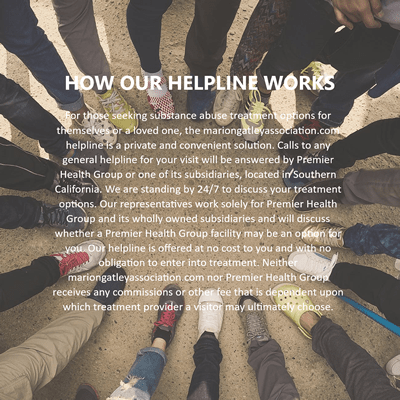In August 1996, the San Jose Mercury News published an article on their burgeoning website called “Dark Alliance”. The three-part story, written by Gary Webb, alleged that Contra rebels in Nicaragua had been shipping cocaine to Southern California — and that the CIA knew it. Although it was still the early days of the internet, the article was soon receiving upwards of one million hits per day. Soon, the article became the subject of extreme controversy, sparking outrage concerning the content, followed by pushback against the legitimacy of the article. While more information has come to light since the article’s publication twenty years ago, many questions persist concerning Webb and his infamous article.
Historical Context: Unrest in Nicaragua
Webb’s story has its foundation in the 1979 overthrow of the Nicaraguan dictator Anastasio Debayle by the Sandinista National Liberation Front, or the “Sandinistas” for short. Fearing that the Sandinistas would forge an alliance with Cuba, leading to the formation of a new communist state, the Reagan administration took drastic action: the CIA provided funding and weapons for a counterrevolutionary force, commonly referred to as the Contras. The Contras flourished under the CIA’s care, tripling their membership in as many years.
While the press had previously connected the Contras with the United States drug trade — including their relationship to the CIA — Webb followed the trail of drugs into the predominantly black neighborhoods around Los Angeles, where the crack problem had reached epidemic levels during the 1980’s. This put a personal, American face on the situation, providing a launchpad for national outrage.
Rising Outrage
As the article began to accumulate pageviews, outrage concerning the content of the story began to spread, particularly among members of the black community. Shocked at the suggestion that the CIA had been complicit in the crack epidemic, if not outright responsible, black talk radio spoke out against the CIA and demonstrations took place in Los Angeles.
Soon, Webb found himself catapulted into the public spotlight: he appeared on radio and television shows, and his article was widely disseminated and discussed. At first, the San Jose Mercury News even supported the reporter, and considered sending him to Nicaragua to pursue leads for a follow-up to the story.
Eventual Pushback
However, Webb’s celebrity was short lived. The Los Angeles Times, irritated that an upstart muckraker from the Bay Area had broken such a crucial story in their own backyard, set about scrutinising the legitimacy of Webb’s article. The LA Times assigned 17 journalists to the “Get Gary Webb” team, tasked with discrediting the rival reporter. By October of 1996, just two months after Webb’s article was first published, the LA Times had published more words discrediting “Dark Alliance” than had been contained within Webb’s original article.
Similar (if slightly less overzealous) articles were published in newspapers across the country. As noted by the CIA’s internal report, by late September, more media attention was being given to discrediting Webb than to investigating the content of his article. As more articles aimed at discrediting Webb emerged, even his own newspaper turned against him: in 1997, the executive editor of the paper performed an about face and published an article stating that Dark Alliance had “fallen short” of the paper’s journalistic standard.
Disgrace
Shortly thereafter, Webb resigned from the San Jose Mercury News, and although he did continue to publish articles, he never received another assignment as high profile as the Dark Alliance story. Webb’s supporters concede that the article didn’t quite deliver the evidence promised by its lede, and may have been “problematically sourced,” but the disproportionate number of media sources willing to throw their all into discrediting the reporter remains disconcerting.
While Webb had struggled with clinical depression throughout his life, he became increasingly withdrawn in the wake of the Dark Alliance controversy. His marriage deteriorated and he became disillusioned with journalism. On December 10th, 2004, Webb wrote several suicide notes and then put two .38 bullets in his head. His obituary in the LA Times described him as a “discredited reporter,” and he remains a divisive figure in journalism.
Don’t Let Drugs Destroy Your Life
If you or someone you love is struggling with substance dependency, or an issue related to substance dependency, consider one of the substance abuse treatment centers in the Intervention Association network. At an addiction recovery program, you’ll receive all the tools you need to combat your addiction. Enter a drug rehab center and begin working toward recovery now.



